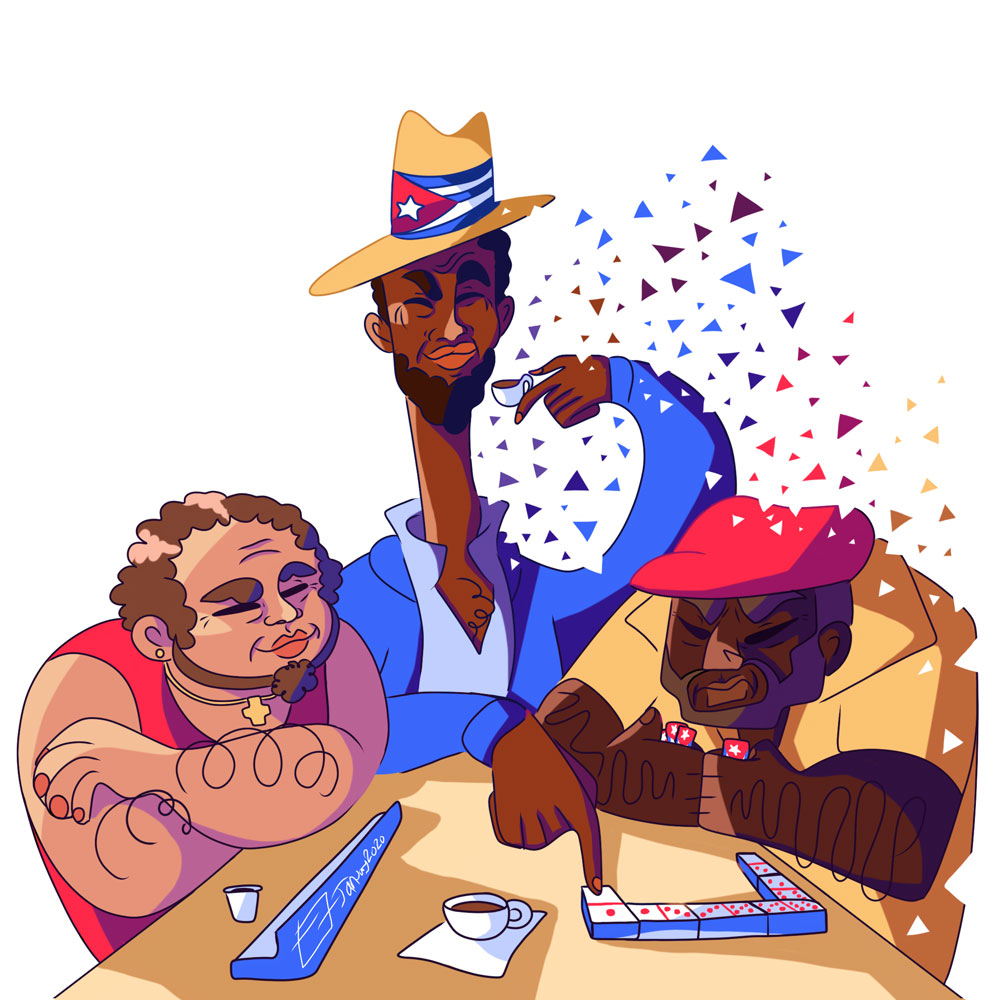Let’s Beautify, Not Gentrify Little Havana
After researching the lives of citizens in Little Havana, I learned the importance of conserving this cultural area outside of its place of origin. I had the opportunity to support this community, taking as its central aspect the guarantee and protection of the conservation of values, principles and cultures of the community.

For me, it was of great importance to make use of the principles of the Earth Charter—a book by Mikhail Gorbachev considered an international declaration of fundamental values and principles for a just, sustainable and peaceful global society—to achieve the purpose of the United Nations’ Sustainable Development Goal 16 that focuses on maintaining peace, justice and firm institutions for the development of the community.
Little Havana shows risk of disappearance due to the aggressive financial attacks made on business people, aimed at achieving commercial and residential development. Since I observed how excessive industrial growth has gradually been allowed, I considered that the purpose of this service should be focused on the prevention of gentrification. Although the community and the authorities have a responsibility to preserve and maintain the cultural structures in the area, I noticed that the lucrative interest has prevailed over cultural conservation.
I recognize organizations such as the UN and United Nations Educational, Scientific and Cultural Organization, which together have created 17 sustainability objectives based on the principles of the Earth Charter. One of their many purposes is to emphasize the importance of the implementation of these goals in the daily life of people, in order to achieve prosperous development as well as conservation of the environment and humanity.
Having the chance to pursue these goals through my service learning in Little Havana, I noticed how the sustainability of a community comes from the society that lives in it. While collaborating with institutions from the area, I had the chance to collect waste from the streets and teach younger generations the consequences of gentrification. I noticed that, in the long run, this would create conscientization in the area, since residents in the area began picking up waste with us as we were cleaning. As a result of our service, we created in them a want to take action and maintain the beautification of their home.
Throughout history, we have been able to observe mass migrations from all over the world, like that of Cubans coming to Little Havana. Many, such as the Chinese, Italian, Portuguese, and German, have settled in other countries, conserving their culture, principles, values, and traditions. Through the conservation of their principles, they have prevailed. These small groups outside their country of origin attract national and international attention, making them sustainable and prosperous as they thrive in economic stability through tourism. This prevents a gentrification process from occurring, and it should be a goal that needs to be set for the Little Havana community.
In this sense, I can conclude that the city of Little Havana is fully empowered and free to take this initiative. With this, Little Havana’s culture can be maintained through the support and responsibility of competent organizations in order to achieve a sustainable goal without losing the principles, values, and customs that make this beautiful city stand out as a cultural haven in the world.




